Dear Friend and Reader:
The 12-sign horoscope is becoming a rarity. To sustain a column for any length of time (such as more than a couple of months) the writer must have a lot to say, and be truly disciplined to focus the effort. They must genuinely understand astrology, and absolutely love the work.
After 29 years writing the Planet Waves horoscope column, it’s still as fun and challenging as ever to bring something creative and fresh to every sign.
The Planet Waves horoscope began as a twice-monthly in a small community newspaper called Free Time. Not long after that, my monthly edition was picked up by AOL-UK’s Mystic Gardens section. I founded the Planet Waves website in 1998, and much newspaper and magazine exposure worldwide helped build my audience.
So far as I know, I’m the last horoscope writer to emerge onto the internet exclusively through print publications, which are now all-but gone. Thankfully I have found my digital home among you.
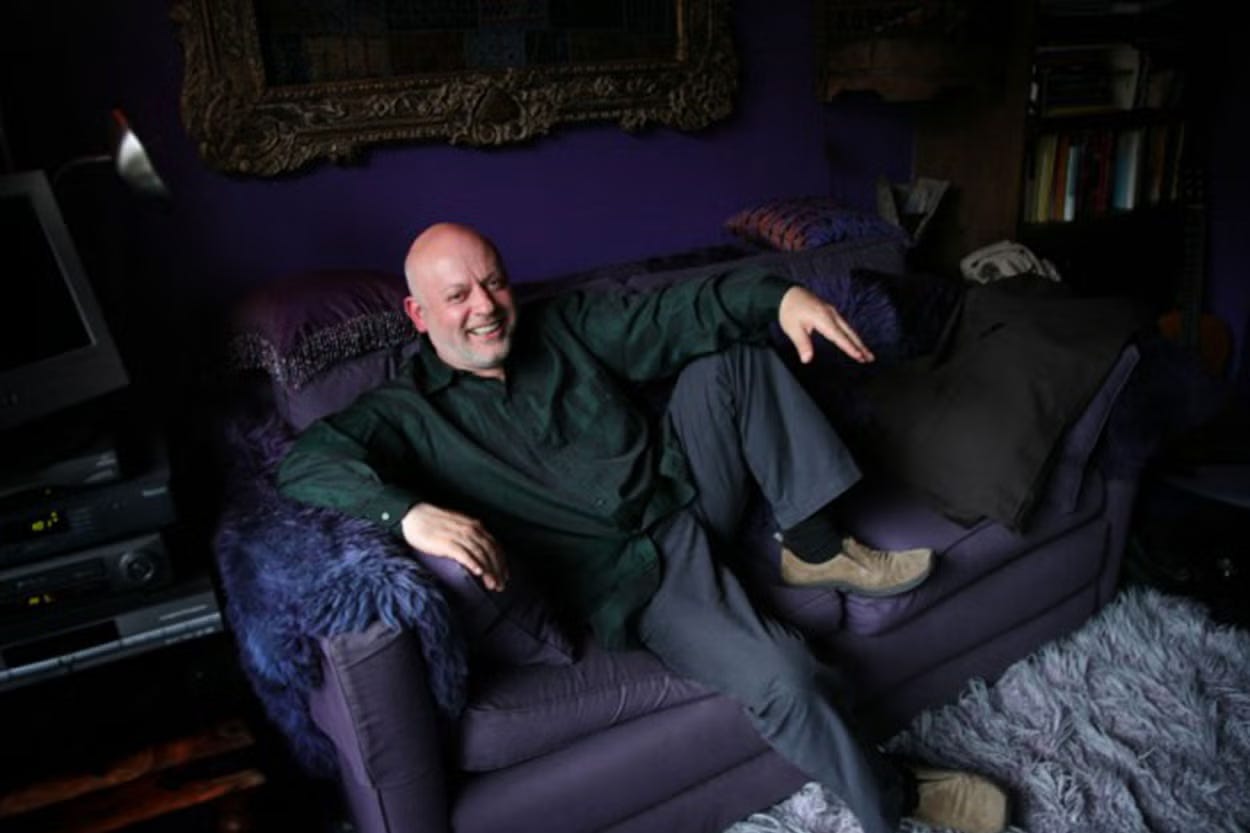
William Lilly Helped me Meet Jonathan Cainer
I first contacted Jonathan Cainer in 1999 (we had both signed onto a London-based project to save William Lilly’s cottage, and we were open-copied in a group email — so you could say the grand master himself introduced us). Lilly was the 17th century astrologer who wrote the first-ever astrology textbook in English, Christian Astrology.
Jonathan and I hit it off right away — though I never dreamed I would get to write what I considered to be one of the truly original horoscope columns in the world (his). But that’s what happened. After corresponding for a few years, in 2002 Jonathan tapped me to be his full-time vacation stand-in, writing under my own byline first in the Daily Mirror, then the Daily Mail, plus other newspapers and websites throughout his syndication service.
Eventually, I was hired to write an exclusive column for the New York Daily News, and served as their last in-house astrologer before they went to a syndicated column in 2018.
In all, I’ve written about 2,000 horoscopes for around 50 newspaper and magazine titles, from People to Flaunt to Woman to Harper’s Bazaar to Canadian Home. For years, I wrote a horoscope for a teen girls’ magazine called Lemonade, and also for a geriatric publication in Arizona. I wrote a kind of culture astrology column for the Woodstock Journal, edited by Ed Sanders.
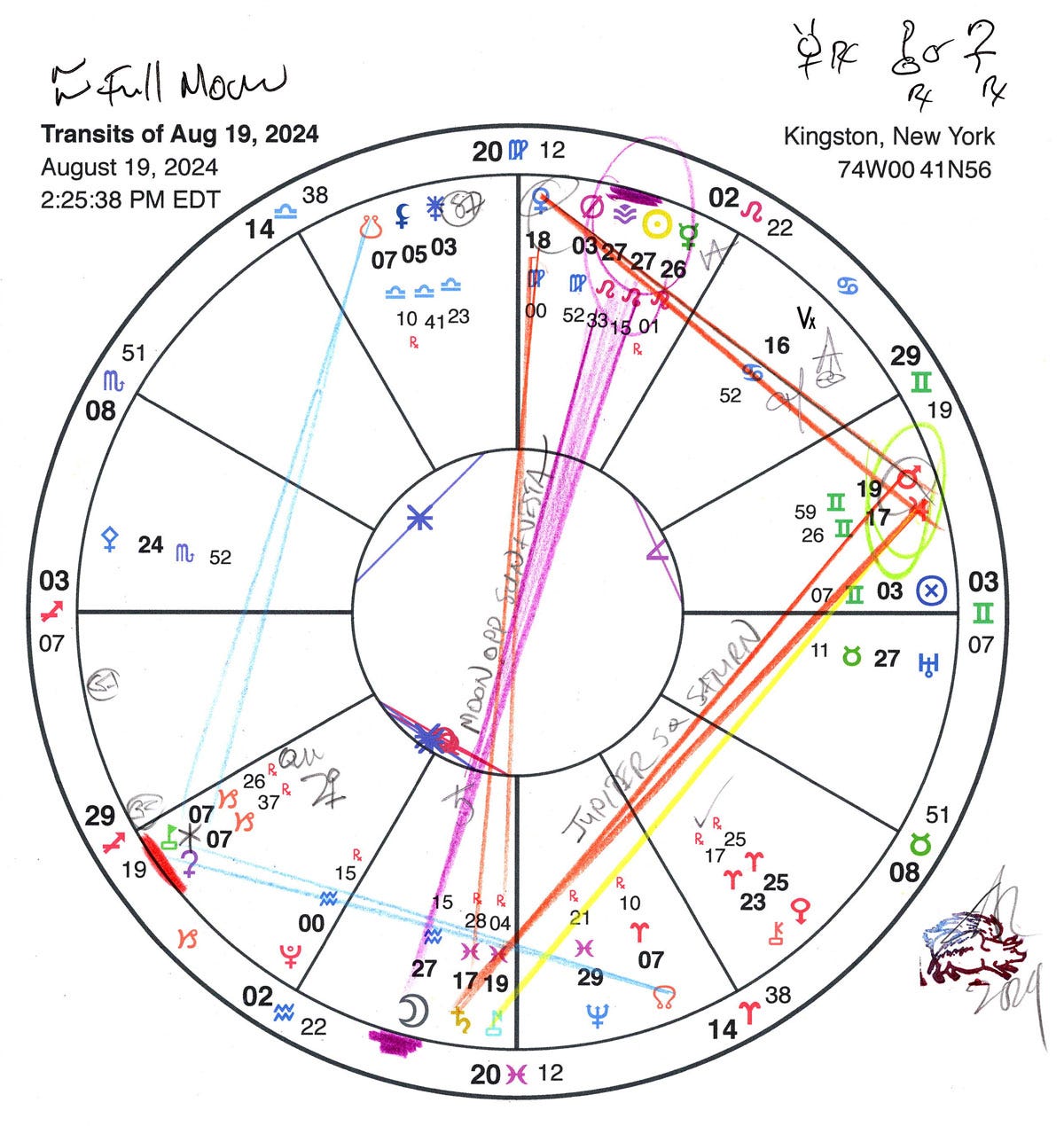
And Naturally, I’m Still Learning
My discovery in 2024 has been writing the column ahead. I first got a jump in the spring and realized how good it is to be freed from weekly deadlines. In the past, my whole life was wrapped around getting one column out per week. Suddenly, I was liberated from this cycle (which has followed me in one form or another since around 1984, when I edited a weekly student publication called Generation).
Perhaps it was the early influence of working for Jonathan Cainer that kept me from getting ahead on the horoscope; he would write a few days ahead of deadline, rollerskating on a greased floor (as he once admitted). As a news journalist, I’m used to doing my best work on tight deadlines. Jonathan was always coming in just under the wire. Most daily columns are written a month ahead.
And Jonathan would frequently travel on short notice, disappearing to the Rainbow Gathering and then staying a few extra days. My arrangement was his organization was: catch me by 5 am and you’ll have your column by 8 am.
Jonathan’s column was twice the length of all newspaper horoscopes — more than 100 words per sign as opposed to the usual 50. I wrote my fastest daily column for Jonathan in about one hour, working in a Paris cafe, pausing to do a reading for a child whose sign I guessed.
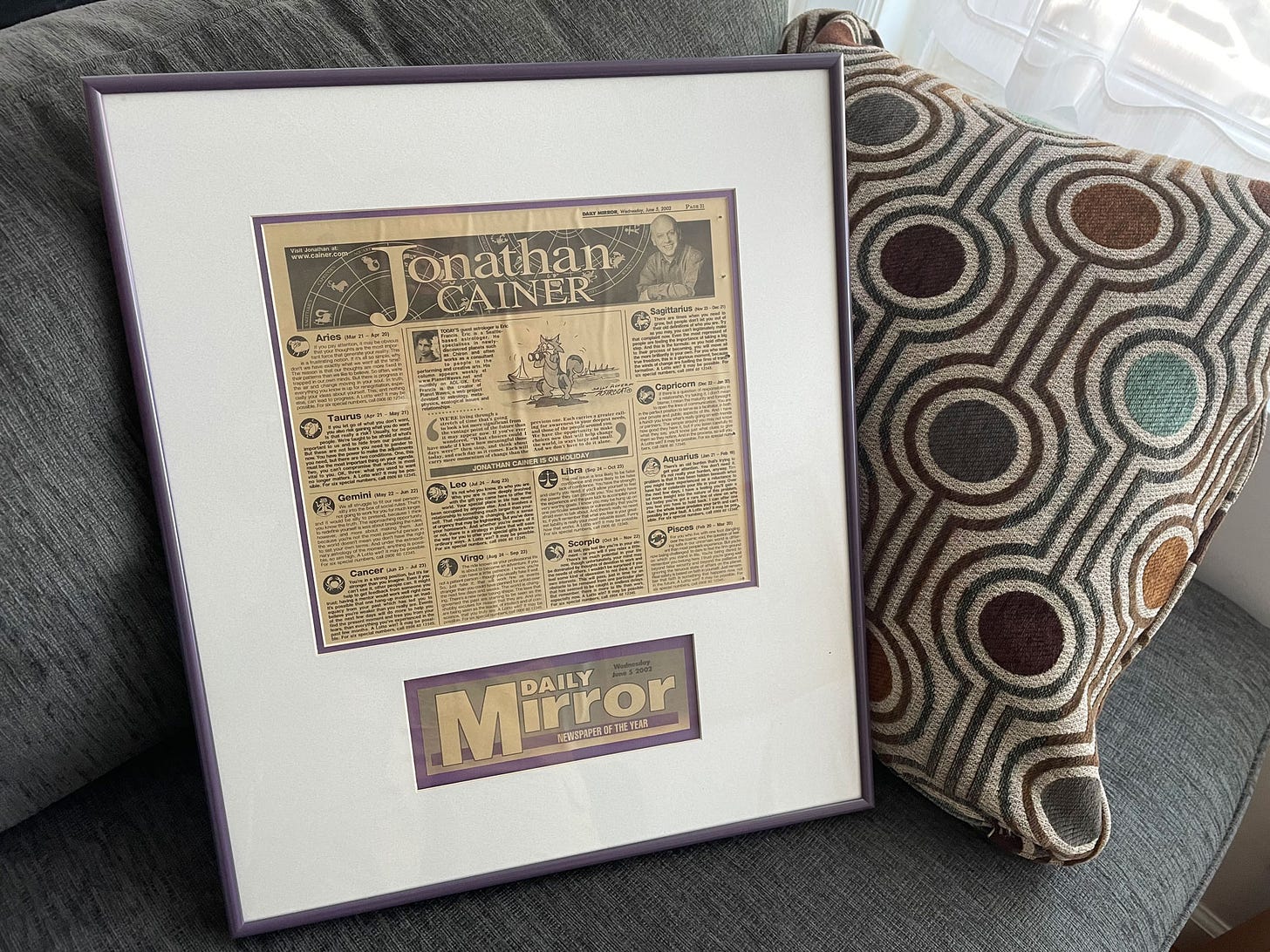
A 10-Day Lead at the New York Daily News
When I was hired by the Daily News (on one day’s notice), I was able to get a jump of about 10 days — not very much. Note that the horoscope writer is the only one in any newspaper, anywhere, who is published 365 days year.
This, while writing totally separate weekly and monthly columns. There’s always another deadline coming up, and soon. And remember, I’ve written long-form weekly essays for 20 years, often integrating current events.
This year for the first time, I was able to get a month ahead, and now I’m working on columns through the end of the year. This is a whole different approach. The main difference is that working months ahead, I’m much more aware of story-arc.
Whereas in the past, columns were written one at a time, without ever looking back, now I have an overview of several months, and a stack of my handmade charts going well into the future. I am writing so far ahead that when the horoscope comes out Thursday night, I have no idea what will appear in my sign.
Another plus is that the column is written without deadline pressure, which gives me time to edit, review and rethink.
I think the result is a more coherent, well-developed presentation of the horoscope as a serial form, reaching decades into the past and however far into the future.
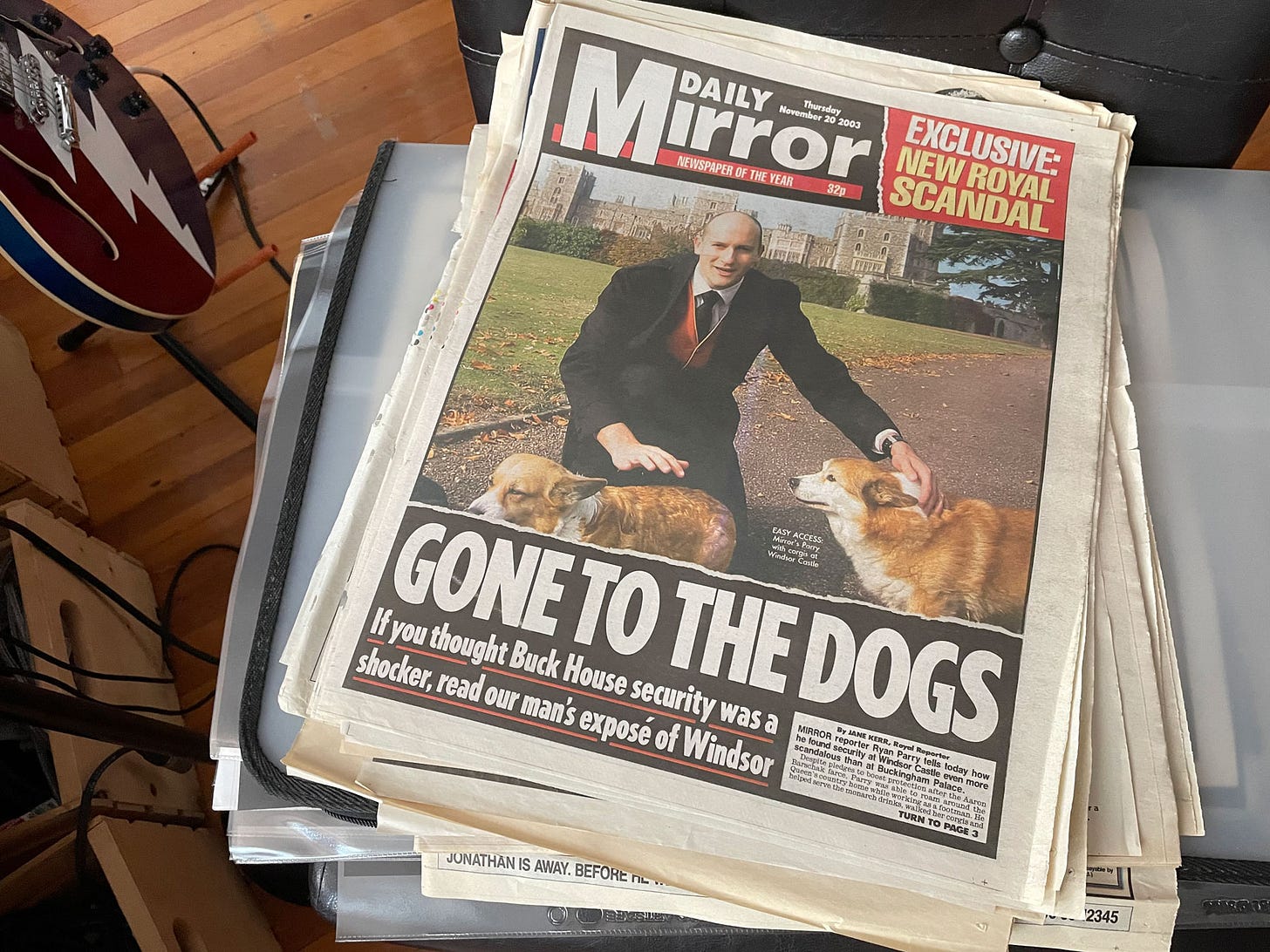
The Horoscope is Written for Any Weather
It’s still an honor to write this column for you. I know that you may be in any state of mind when you read — having the best day of your life, the worst, or something in between. This is the real challenge of writing the horoscope: presenting the information in a relateable, even-tempered way, accessible to anyone.
In 2017, I was interviewed about my horoscope writing by The New York Times, one of many cameos I’ve made in the Old Gray Lady. Here is some of what I said, to a young writer who has having a hard time understanding astrology:
“Most people are shellshocked right now. They’re in pain. The world is devastating. People are exhausted. And a purpose of the horoscope at that point becomes a spiritual touchstone.” (Mr. Coppolino views his audience as the everyday New Yorker, “human beings on the D train” or “people on their way to work.”)
What I actually said was, I am writing for the person newly-arrived in New York on their way to their first theatrical audition.
The astrologers who claim that the horoscope is not actual astrology miss the point. In the end, astrology has nothing to do with your birth chart and whether that’s the best thing to read. Rather, astrology is about how an astrologer explains the signs and symbols he sees, to living people, in the context of the times we are living in.
To write a horoscope, the astrologer must be able to interpret meaningfully, on the spot: to see the pattern, get the message and translate it for you. Interpretation is where your tires grip the highway — or not.
Like anything, horoscopes can be done well, or poorly. But these days, they are hardly done at all, except for right from this desk.
With love,





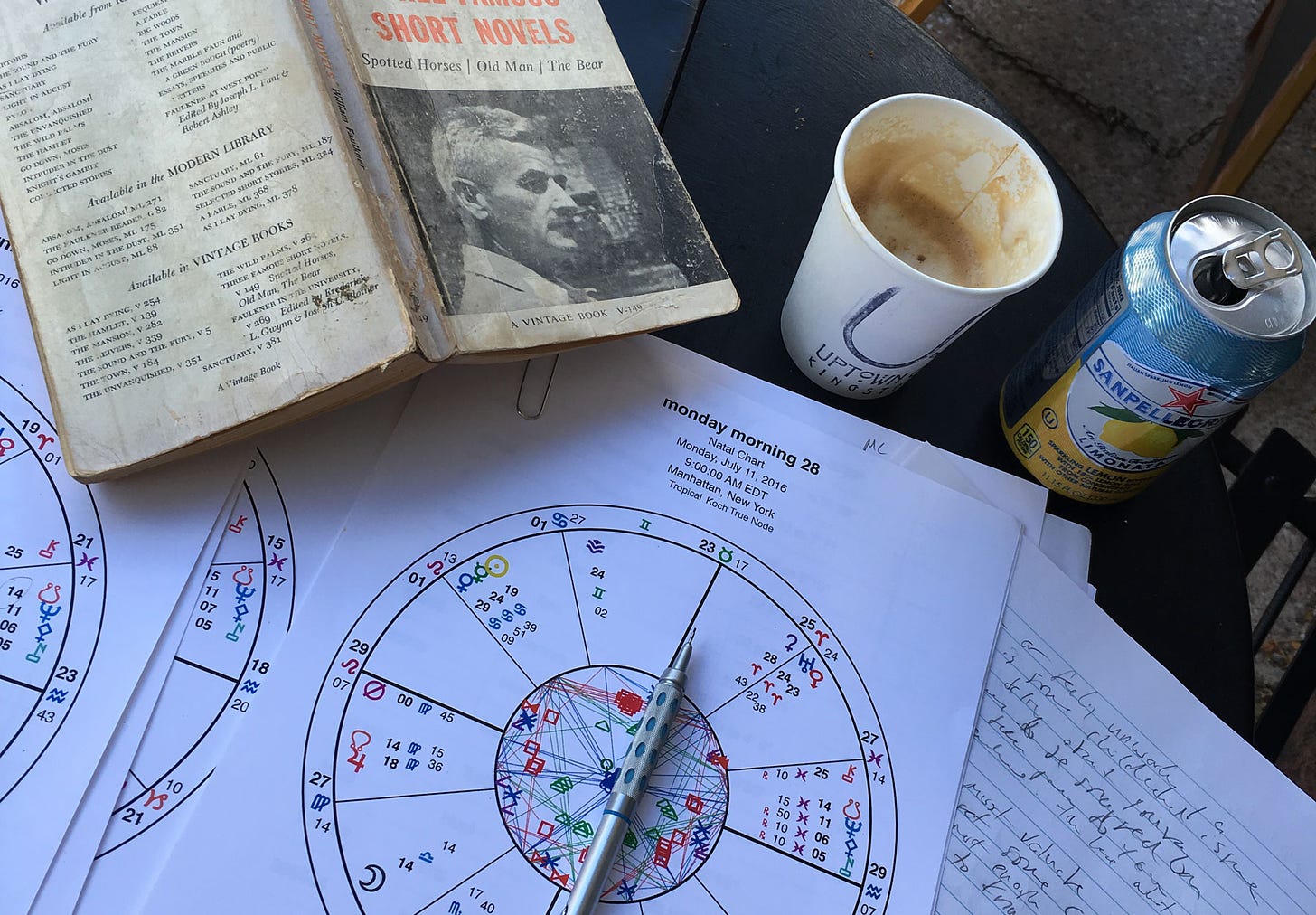

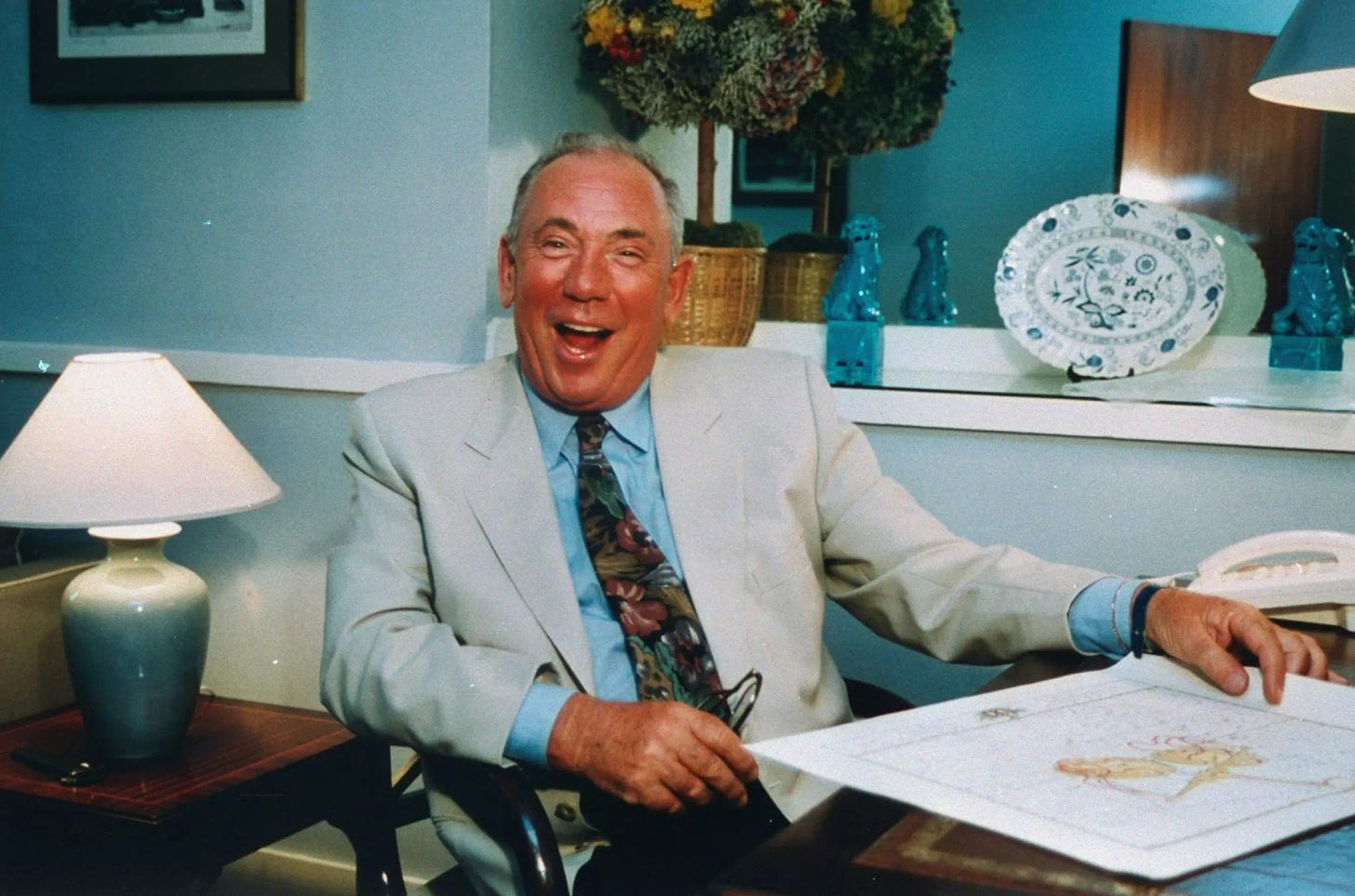
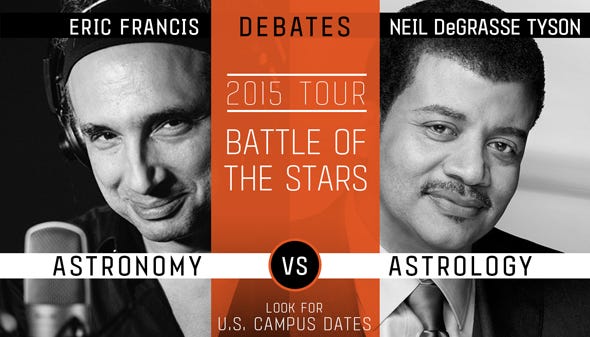









Share this post